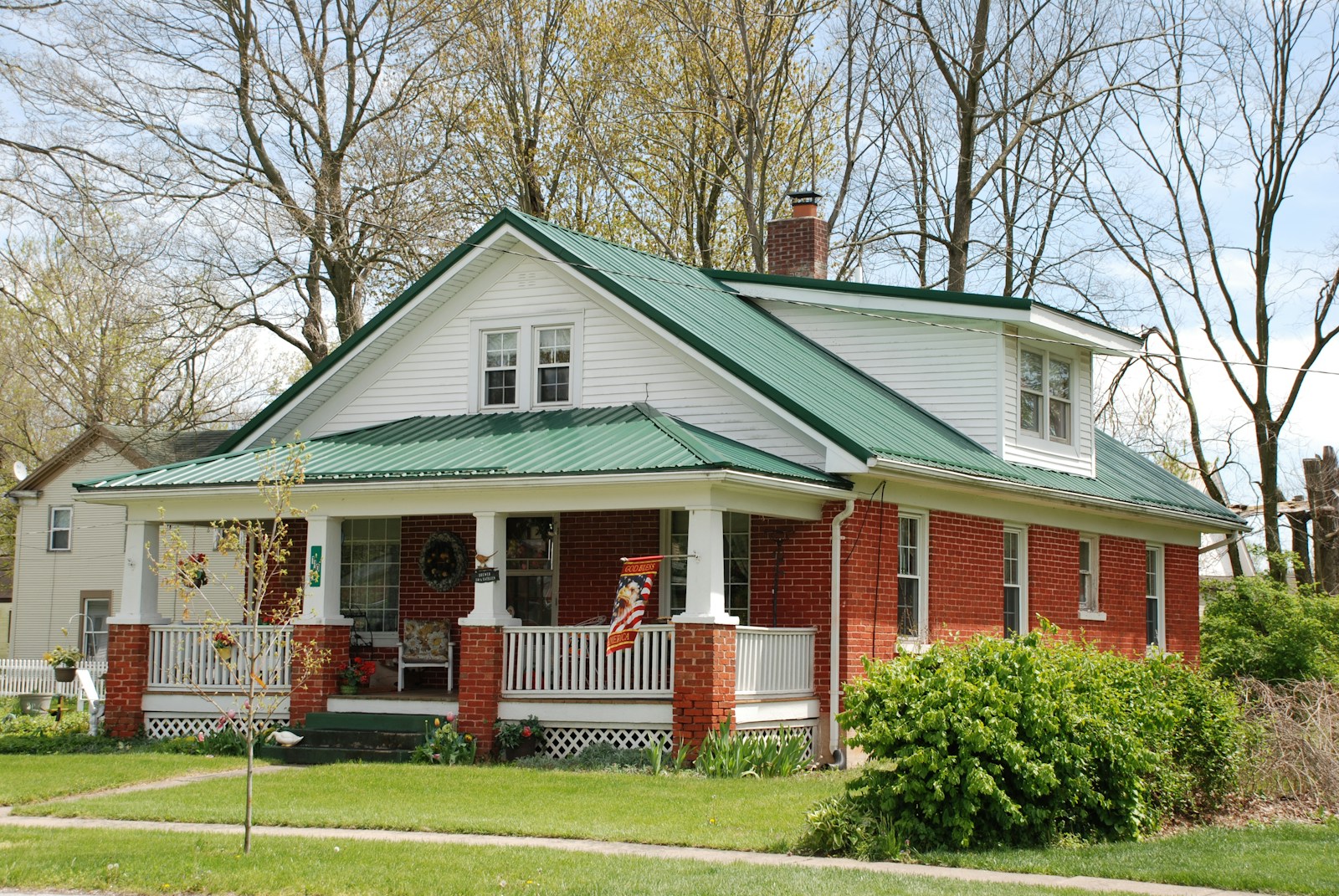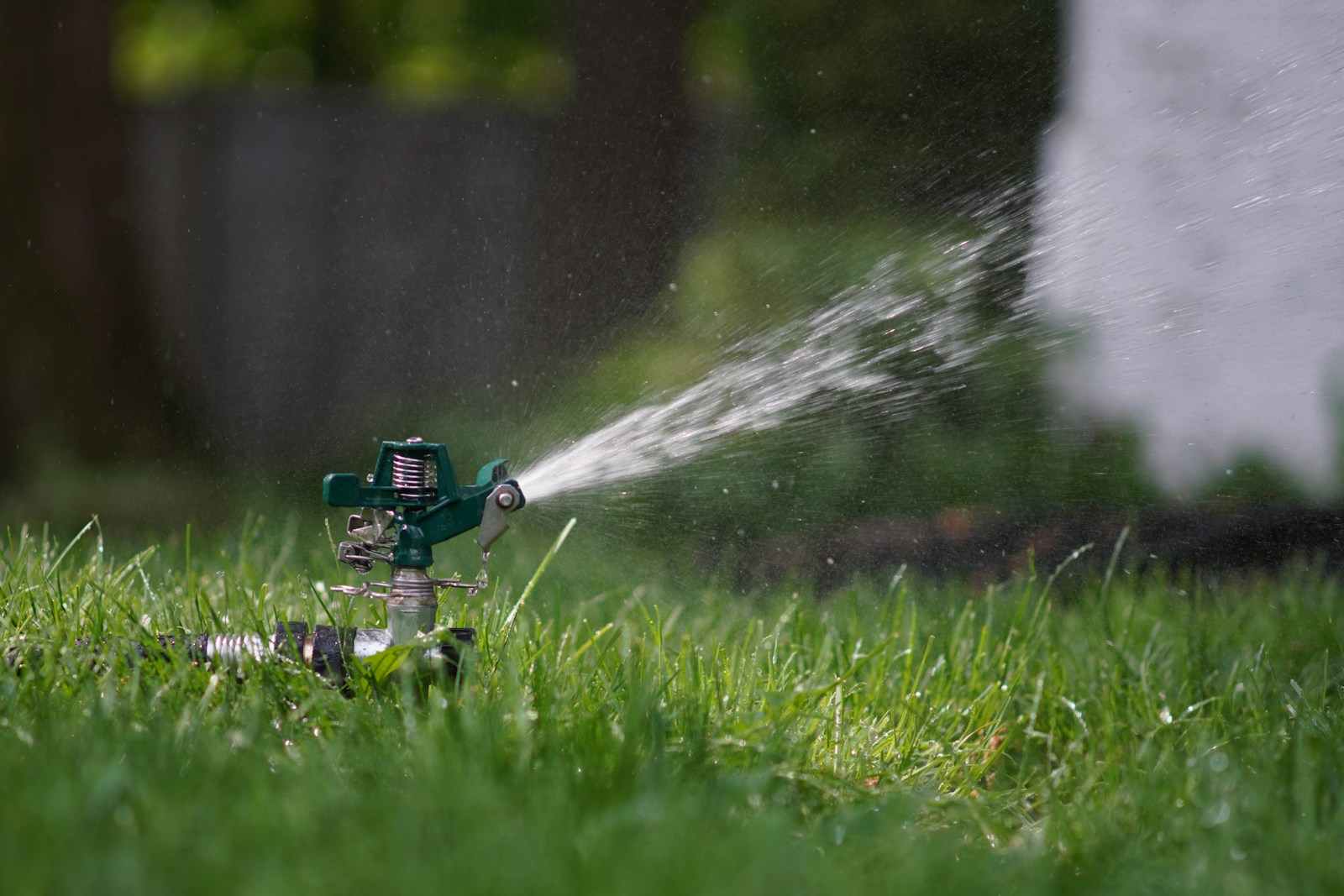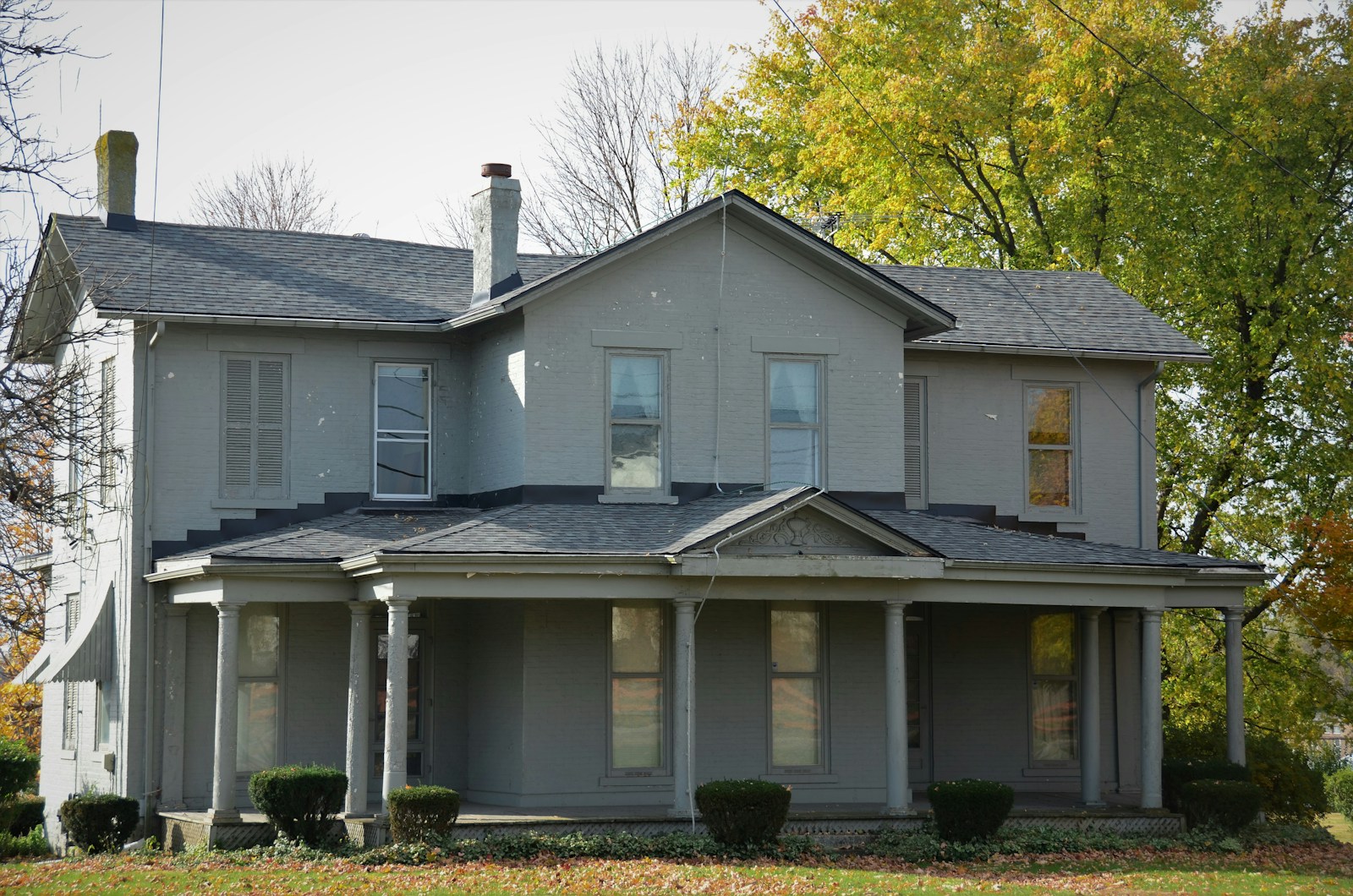
Neglecting Regular Maintenance
One of the most significant habits leading to major repairs is the failure to perform regular maintenance. Homeowners often overlook routine tasks like changing air filters, cleaning gutters, or servicing HVAC systems. These omissions can result in system failures, leading to costly repairs. According to the National Association of Home Builders, regular upkeep can extend the lifespan of home systems and reduce repair costs.
Ignoring Water Leaks
Small water leaks may seem harmless, but they can cause extensive damage over time. Ignoring faucets, pipes, or roof leaks can lead to mold growth, rot, and structural issues. The Environmental Protection Agency estimates that fixing leaks can save homeowners about 10% on their water bills. Address leaks promptly to avoid expensive repairs and health risks.
Overloading Electrical Circuits
Using too many devices on a single electrical circuit can lead to overheating and potentially cause fires. Homeowners often overlook the importance of proper load distribution across circuits. The National Fire Protection Association emphasizes that proper electrical maintenance can prevent serious hazards. Hire a licensed electrician to assess your home’s electrical system to ensure safety.
Neglecting Roof Inspections
Roof inspections are often disregarded until leaks occur. A well-maintained roof can last 20 years or more, but neglecting minor issues can lead to major repairs or replacements. The National Roofing Contractors Association recommends annual inspections to catch problems early. Homeowners should address missing shingles or signs of wear to prevent further damage.
Forgetting About Pest Control
Pest infestations can lead to severe structural damage if not addressed promptly. Termites and rodents can compromise wooden structures and insulation. According to the National Pest Management Association, regular inspections and preventative treatments can save homeowners thousands in repairs. Consider scheduling annual pest control check-ups to protect your home.
Improper Ventilation
Good ventilation is crucial for maintaining indoor air quality and preventing moisture buildup. Many homeowners ignore ventilation systems, leading to mold growth and increased energy costs. The U.S. Department of Energy highlights that proper ventilation can also enhance HVAC efficiency. Ensure your home is well-ventilated to avoid costly repairs and health issues.
Overwatering Landscaping
Excessive watering can lead to foundation issues and water damage. Homeowners often underestimate the impact of overwatering on drainage systems. The American Society of Home Inspectors suggests monitoring soil moisture and adjusting irrigation systems accordingly. Proper landscaping care can prevent costly repairs associated with water damage.
Ignoring Appliance Maintenance
Home appliances require regular maintenance to function efficiently. Failing to clean or service appliances like refrigerators, dishwashers, and washing machines can lead to breakdowns. Manufacturers often recommend specific maintenance schedules. Neglecting these guidelines can result in costly repairs or replacements, affecting your budget.
Using Improper Cleaning Products
Many homeowners use harsh cleaning products that can damage surfaces and appliances. For example, certain chemicals can corrode plumbing fixtures or damage countertops. Always refer to manufacturer recommendations for cleaning products to avoid unintentional damage. Using the wrong products can lead to costly repairs and replacements.
Failure to Inspect Heating and Cooling Systems
Heating and cooling systems require seasonal inspections to ensure optimal performance. Ignoring these systems can lead to breakdowns during extreme temperatures. The U.S. Department of Energy emphasizes regular servicing to extend the life of HVAC systems. Schedule inspections to avoid costly emergency repairs.
Urgent Reminder: Proactive home maintenance is crucial to avoid major repairs and associated costs. Addressing these habits can save homeowners significant amounts in the long run.



